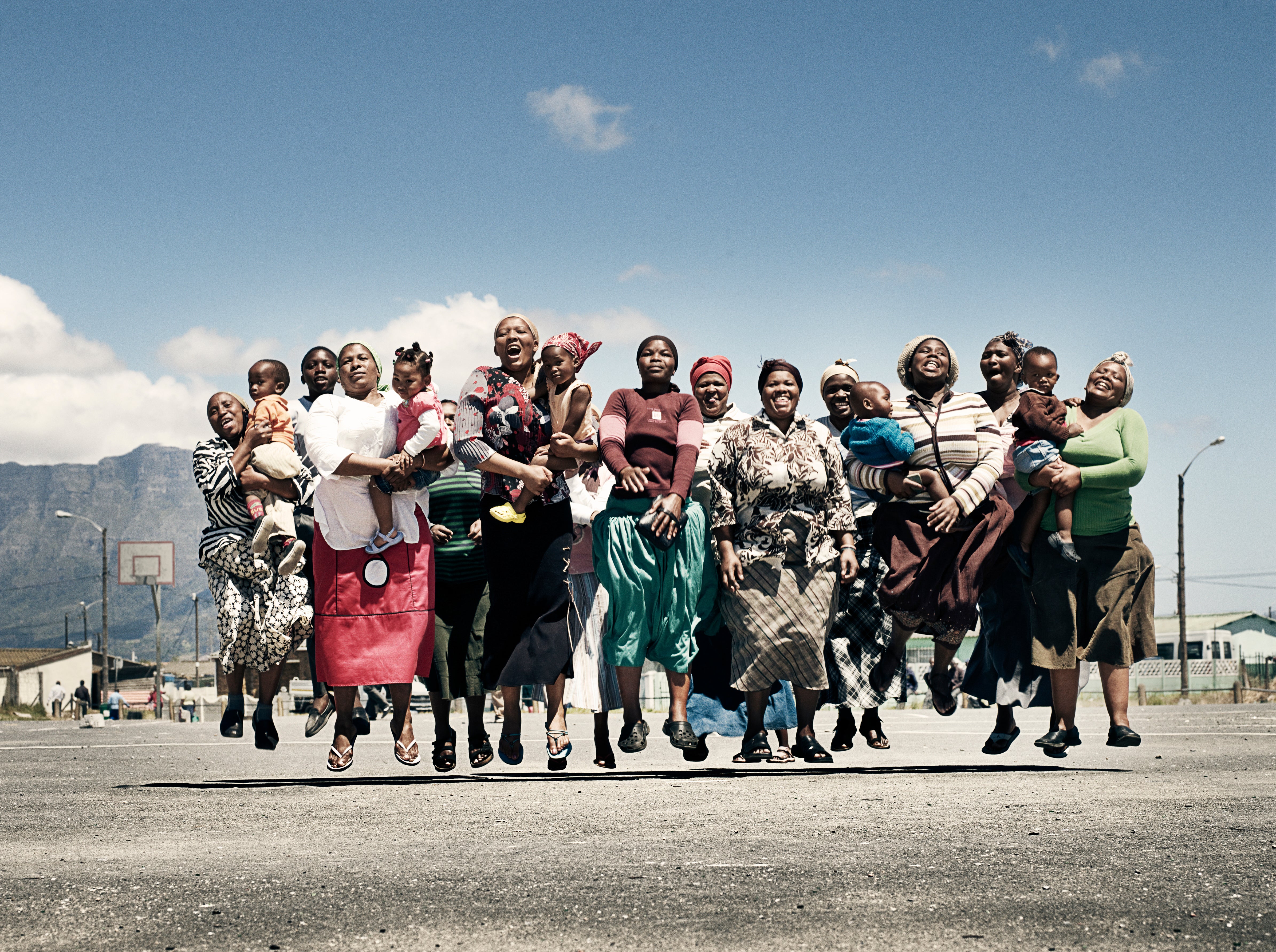
Ledet Muleta has been a psychiatric nurse for 13 years and throughout her career became concerned by the stigma of mental illness across the African continent. Over the past five years, Ledet visited different countries throughout Africa and was stunned by how mental illness is affecting the continent. Through her travels, she decided to visit several mental health facilities meeting with professionals on the issues that are related to mental health and substance abuse in the community. The Ethiopian native was inspired to campaign for women’s mental health with her film, Chula.
Muleta opens up about how the impact of mental health affects women throughout the African diaspora and her hopes for her film to help change the stigmas associated with mental illness.
Take me back to that moment that you decided to take your career in a different direction and write and produce Chula.
Some of the countries I visited were Mozambique, Liberia, Kenya, Uganda, Ethiopia, and Egypt. I visited psychiatric units to see how patients are treated in those areas. I was really inspired to do something about this problem and to actually find how we can campaign for mental health in Africa. That’s why I thought the film, Chula, would be the loudest way to reach as many people to bring the subject into discussion. I want this film to be a platform where people can discuss this in their homes to reflect on past issues or encounters with those who have a mental illness. The stigma doesn’t just stop with the person that is affected; it actually goes through the family. The family is embarrassed to talk about the fact that they have a mentally ill daughter or son, and for those people who have been affected in that way, to also feel comfortable and know that they’re not alone.
What are some stigmas that you find disturbing or inaccurate in regards to Black women and mental illness?
Women can suffer from depression because they’re going through something, or they have suffered from an event that has caused them to have anxiety. Either way, the women are avoided by others, not supported, and, at times, they end up losing everything they have when the illness becomes harder on them.
Another stigma is associated with just the basic types of treatable mental illnesses somehow turn into a disability. That’s the one that I found more shocking in comparison to the U.S., because in Africa, the simple mental illnesses that are treatable can actually brand you to be stigmatized and cast out of your society.
What’s the differences between women’s mental health across the Diaspora?
Women are burdened a lot more in their society. In the African Diaspora and in Africa, women are expected to be strong. If a woman experiences trauma, they are expected to be stronger than everyone, so they have that extra expectation that they also have to fulfill. With that expectation of not being able to meet some of the demands of their daily lives, further causes them to suffer from depression or anxiety of not being able to meet society’s expectations for themselves.
The burden of a woman in Africa is greater than what we see in the Western world. They are expected to do more for less with or without mental illness. Women’s right and women’s issues have gotten a lot of attention, but when it comes to their mental health, this is just another additional burden.
Do you feel like there’s a difference on how women and their families deal with mental illness across the diaspora?
The difference between someone in the states or elsewhere suffering from bipolar versus someone suffering from bipolar in Ethiopia or any other African country is how the family deals with it initially and then the way society deals with it.
Denial is the first step for everyone all over the world, but the person who is from [certain countries] inAfrica seems to have a much harder time accepting their diagnosis and accepting who they are as a person. All their life they heard very negative things. The embarrassment that follows the severe mental illness episodes further disengages them from their family, from their friends and they continue to have problems integrating back into the community. They usually tend to be more self-destructive, not seeking treatment, and avoiding society in general.
What are some ways family and friends can support women who are diagnosed with mental illnesses?
The best way is to know that these illnesses happen without discrimination. It can happen to any of us. It can happen to those who have social economy problems, those who do not have any financial problems. It can happen to anyone of us. The awareness piece of understanding the illness and understanding the symptoms will help us be less judgmental and more embracing and more supportive to those people who are affected. Be aware of the different types of illnesses and understand what the symptoms are. That way, when they do get better, we’re able to welcome them back without discrimination or fear. That education, that awareness creates a comfortable place for people to actually seek better treatment, and to make them feel like they’re supported.
What do you hope people will gain from Chula?
The film, Chula, shows a woman who pretty much has a good life. She’s talented and she has everything that she needs for her daily living, but yet, she struggles with mental illness. We can all relate to her. It could be any one of us who can be affected by mental illness. I hope the film will create some sort of sympathy and awareness. At the same time, it will create a notion that we are part of the solution. This is not a struggle of just the person that is affected because we all play a role in the treatment of the mentally ill.
